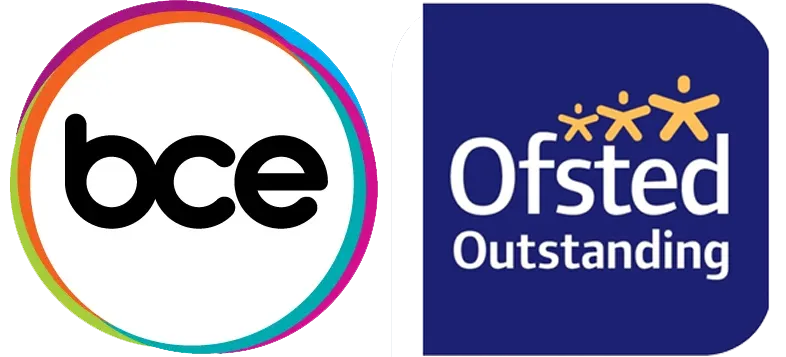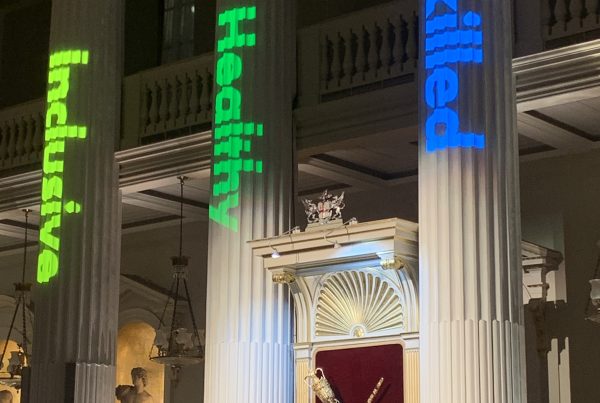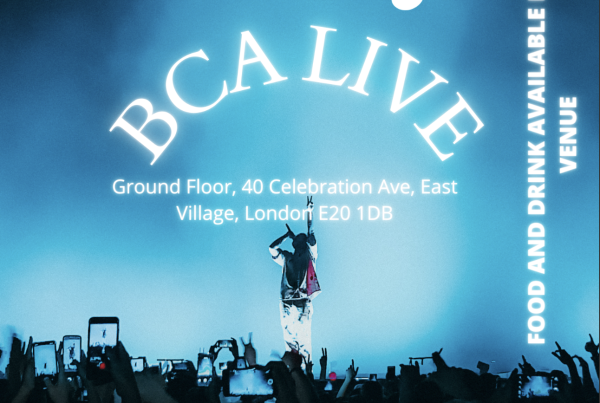
Going down the apprenticeship route can be a great way to break into your dream career, especially if you’re fresh out of college. If you’re already on the employment ladder, apprenticeships are also great for a change of career.
Apprenticeships present a valuable opportunity for many people in the UK, and not just because you can earn whilst you study, but also because of the wide variety of apprenticeship options and career directions that they can offer.
There are varying levels of apprenticeships across the country, so it’s good to know about each one before you embark on an apprenticeship. From intermediate to degree-level, apprenticeships are flexible enough to cater to a wide range of individuals, and not just young people as is commonly thought.
What are the four types of apprenticeships?
The four levels of apprenticeships are as follows:
- Intermediate Apprenticeships (Level 2)
- Advanced Apprenticeships (Level 3)
- Higher Apprenticeships (Level 4+)
- Degree Apprenticeships (Levels 6 and 7)
This proves that there are plenty of options for people to learn and work in a way that suits them, their needs, skills and desired career. Let’s take a closer look at each one.
Intermediate Apprenticeship (Level 2)
This is the lowest level accessible and is the equivalent of five GCSEs at a C or above, and they take 12 to 18 months to complete. While on an apprenticeship, you will mainly be taking part in on-the-job training and some study away from the workplace.
Often this consists of four days a week at work and one day a week of learning, but this can vary depending on the apprenticeship. At the end of the apprenticeship, you’ll be assessed and then awarded your apprenticeship certificate if you pass.
For a Level 2 Apprenticeship, you need to be aged 16 or over, living in England and not currently in full-time education.
Advanced Apprenticeship (Level 3)
The next level of an apprenticeship is equal to 2 A-level passes and takes an average of 15 to 18 months to complete.
To be eligible for an advanced apprenticeship you need to be aged 16 or over, living in England and not currently in full-time education.
Employers may additionally ask for up to three GSCE passes and some interest in the subject area.

Higher Apprenticeship (Level 4 and above)
Level 4 apprenticeships are equivalent to the first year of an undergraduate degree, or a Higher National Certificate. A Level 5 Apprenticeship is the same level as a foundation degree or a Higher National Diploma (HND).
In order to enter into a Higher Apprenticeship, you need to be aged 16 or over, living in England and not in full-time education. For an apprenticeship at this level, employers expect either 5 GCSE passes above a C and either A levels, a level 3 qualification or apprenticeship, BTEC national or NVQ.
Degree Apprenticeships (Levels 6 and 7)
A Degree Apprenticeship allows you to obtain a full undergraduate or master’s degree while you work. Depending on the course level, it will take three to six years to complete. During a degree apprenticeship you’ll likely spend about 20% of your time studying and 80% of the time working.
For an apprenticeship at this level, employers will expect either 5 GCSE passes above a C and either A levels, a Level 3 qualification or apprenticeship, BTEC National or NVQ, preferably in relevant subjects.
Maths and English GSCEs are also a requirement for eligibility but Functional Skills are usually an accepted alternative. Some employers may be looking for people who have taken relevant subjects or apprenticeships.

What careers require apprenticeships?
An apprenticeship can be an instrumental stepping stone into your creative career as opposed to a university-level degree. However, an apprenticeship at a higher level does not necessarily replace a university degree, instead it can act as a beneficial addition.
When building a career in the creative sector, a lot of people might think that it’s either or. However, a degree is great for understanding the theory behind your chosen creative pathway while an apprenticeship can offer vital industry experience that can be otherwise hard to get.
For example, a pathway apprenticeship in Junior Content Production can extend the applied knowledge learnt in a BA photography degree.
Big Creative Education offers Junior Content Producer apprentices the opportunity to work with client briefs at industry standard, meaning the apprentice is able to adapt to the fast-paced industry quickly and start adding value to real-world projects.
An apprentice will be able to collaborate with other creatives from their studies, too, helping them apply the skills and knowledge in their specific field.
How to find apprenticeship courses
Joining an apprenticeship course is an excellent way to kick start your career and simultaneously gain vital experience in your chosen industry. If you know what you want to do, it’s a good idea to start looking soon.
Apprenticeship vacancies can be found all year round on job sites such as Indeed, Total Jobs and CV Library. Alternatively, you can also check the websites of employers in that field and contact them if you need any further information.
Big Creative Education currently has a variety of exciting and creative Level 3 apprenticeship opportunities, including Digital Marketer, Events Assistant, Music Assistant, Marketing Assistant and Junior Content Producer.
If you’re unsure of the best route for you, contact BCE’s student services team today.




